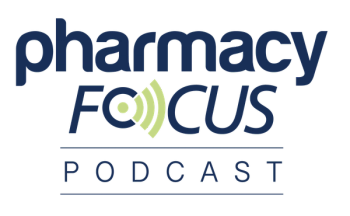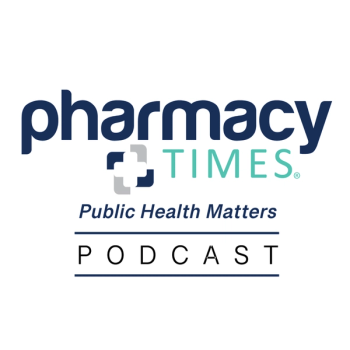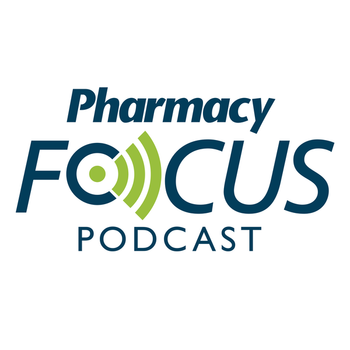
Brain Health
Latest News
Latest Videos

Shorts

Podcasts
CME Content
More News

Although both sex groups showed cognitive decline, women with chronic kidney disease (CKD) had significantly better cognitive scores than men.

After 2 initial doses, inebilizumab is administered with only 2 doses a year.

Discover the stages of migraines and explore innovative treatments like Symbravo, designed to alleviate pain and improve quality of life.
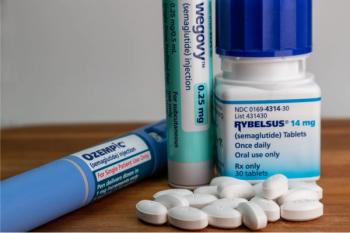
The 1-year extension period in trials will be discontinued based on the efficacy results observed in the overall study population, said Novo Nordisk.

The research further emphasizes the need for more attention on both chronic kidney disease (CKD) and mental health conditions.

Moderate to severe obstructive sleep apnea significantly increases the risk of cerebral microbleeds.

Total cholesterol and triglyceride levels were linked to an increased risk of Alzheimer-related declines in cognitive function, whereas high-density lipoprotein cholesterol provided a protective effect.
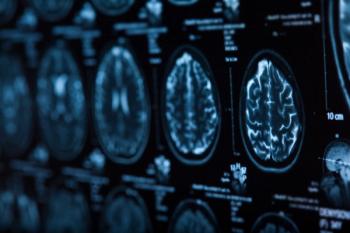
Earlier Menopause, Reduced Cardiac Function Potentially Linked With Negative Impacts on Brain Health
Research highlights the link between earlier menopause, cardiac function, and brain health, emphasizing the need for sex-specific dementia risk strategies.

Further research is needed to better understand which characteristics may better predict who are more likely to benefit from estrogen-based menopausal hormonal therapy (MHT) for anxiety.

Compared with late postmenopausal women, menopausal hormone therapy (MHT) may influence certain Alzheimer disease-related biomarkers in early postmenopausal women.

FDA approves Uzedy, an extended-release injectable formulation of risperidone, enhancing treatment options for adults with bipolar I disorder.

Hallucinatory affects associated with psychedelic drugs and Lewy body diseases may have some commonalities.

GLP-1 receptor agonists significantly influence FDG-PET-CT scan interpretations, potentially leading to misdiagnosis in cancer detection.

New research confirms that calcium supplements do not increase dementia risk in older women, supporting their use for bone health without cognitive concerns.

BMS-986446 shows promise as a fast-tracked therapy for early Alzheimer disease, targeting tau protein to alter disease progression.

Adam Kahleifeh, PharmD, BCOP, discusses the impact of IDH mutations in low-grade gliomas.

The authors wrote that patients with CKD who are younger than 60 years may be at a greater risk of depression.
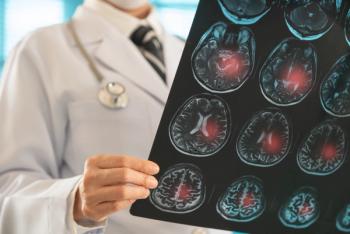
New intravenous formulation GTx-104 shows promise in improving brain health outcomes for patients with aSAH, offering safer treatment options for pharmacists.

Researchers uncover a brain circuit linking stress to increased blood glucose, revealing insights into stress's role in type 2 diabetes (T2D) development.

Investigators emphasize that early cardiovascular risk assessments and preventive strategies are necessary for women with polycystic ovarian syndrome (PCOS).

FDA approves a new extended-release suspension formulation of risperidone for schizophrenia, expanding treatment options for patients.

Women using depot medroxyprogesterone acetate face a significantly higher risk of meningioma, especially with long-term use or starting after age 31.
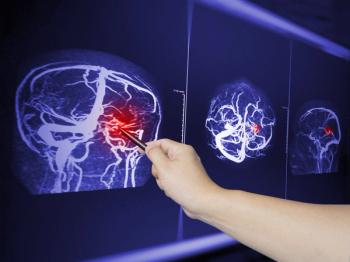
Moderate-to-severe TBI significantly increases the risk of malignant brain tumors, highlighting the need for long-term monitoring in survivors.

The subcutaneous injection for maintenance treatment enhances accessibility and reduces infusion time for patients.

The new data highlight how dietary changes could fuel Alzheimer- and dementia-related mechanisms.















